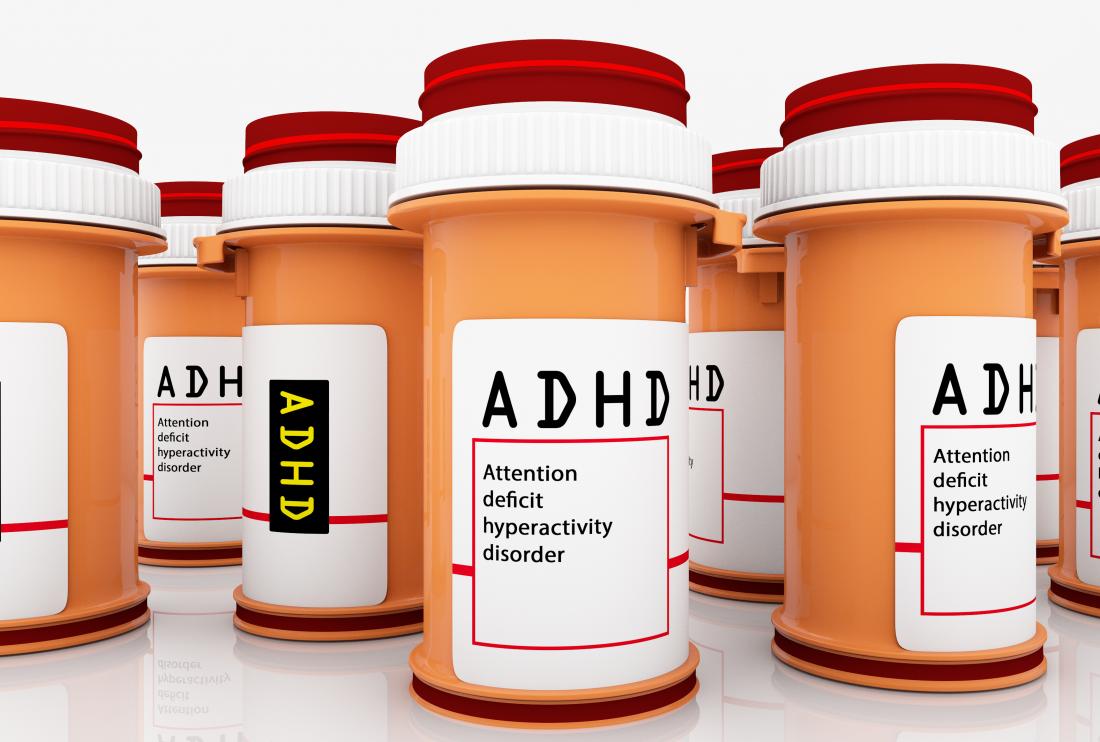
Understanding ADHD Medications: Balancing Benefits, Risks, and Alternatives for Effective Treatment
January 18, 2024 - Reading time: 3 minutes
In the United Kingdom, the approach to diagnosing and treating Attention Deficit Hyperactivity Disorder (ADHD) is comprehensive and involves specialists, primarily psychiatrists.
The National Health Service (NHS) has specific guidelines and protocols for the management of ADHD.
Prescription of ADHD Medication in the UK:
-
Specialist Involvement: In the UK, ADHD medication is usually prescribed by specialists in this field. This typically means a psychiatrist, rather than a General Practitioner (GP). GPs may refer individuals suspected of having ADHD to a specialist for a thorough assessment.
-
Types of Medications Prescribed:
- Stimulants: The most commonly prescribed medications for ADHD are stimulants like Methylphenidate (brand names include Ritalin, Concerta, and Equasym) and Dexamfetamine. These drugs work by increasing the levels of certain neurotransmitters in the brain, which helps in improving attention and reducing hyperactive and impulsive behaviors.
- Non-Stimulants: Atomoxetine (Strattera) is a non-stimulant medication often used for treating ADHD. It is usually considered when stimulants are not effective or cause severe side effects. Unlike stimulants, it does not have a potential for abuse.
-
NICE Guidelines: The National Institute for Health and Care Excellence (NICE) in the UK provides detailed guidelines on ADHD management. According to NICE, medication should not be the first line of treatment for preschool children with ADHD. In older children, adolescents, and adults, medication may be considered as part of a comprehensive treatment plan, which often includes psychological, behavioral, and educational advice and interventions.
-
Monitoring and Follow-up: Regular monitoring of the medication's effectiveness and side effects is an integral part of the treatment process. This is usually done by the specialist who prescribed the medication. Adjustments in dosage or changes in medication are made based on these follow-ups.
-
Collaboration with GPs: While GPs do not typically prescribe ADHD medications initially, they may be involved in repeat prescriptions and regular monitoring once the treatment regime is stabilized and efficacy is established by the specialist.
Access to ADHD Treatment:
-
Referral Process: Access to ADHD treatment usually begins with a visit to a GP, who then makes a referral to a specialist – often within a Community Pediatric Service or a Child and Adolescent Mental Health Service (CAMHS) for children and adolescents. For adults, referrals are made to Adult Mental Health Services.
-
Private Healthcare: Some individuals opt for private healthcare where they can access services more quickly. Even in private healthcare, ADHD medications are prescribed by a psychiatrist.
It's important to note that these procedures can vary slightly depending on the region within the UK and the specific policies of local NHS trusts. It is always recommended to consult with a healthcare professional for the most accurate and personalized information.
About
You can read reviews online, check with the Better Business Bureau, or ask for references from people you trust. When you've narrowed down your options, contact the centre to ask about their process and fees. Once you've found a qualified assessment centre, they will be able to help you determine if your child has ADHD and develop a treatment plan.